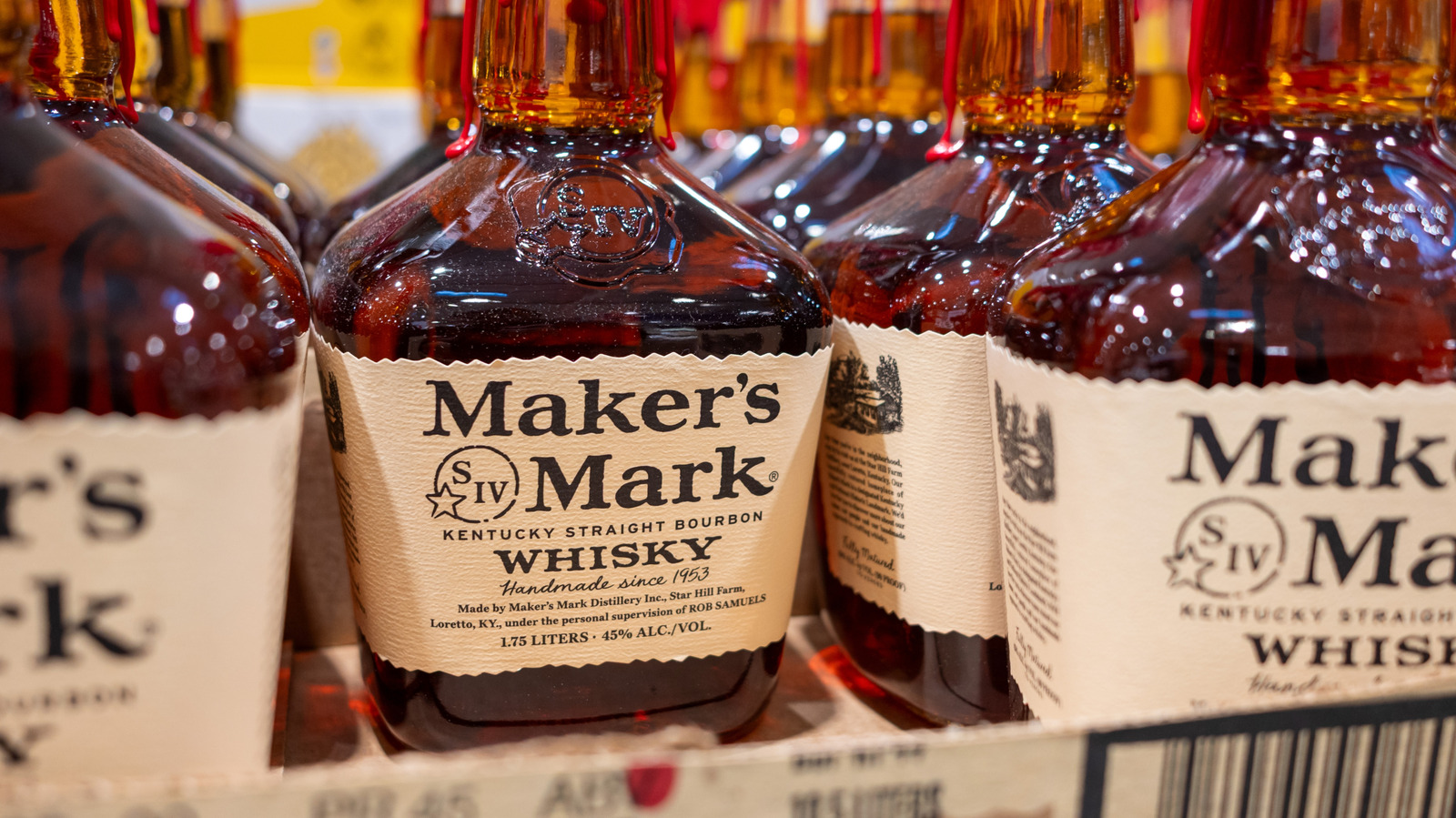In mid-April, fashion brand Revolve was hit with a class-action lawsuit alleging that the company and its influencer partners had failed to disclose paid partnerships. The lawsuit alleged that this gave consumers the false impression that endorsements of Revolve by various influencers were organic rather than paid.
In recent months, similar lawsuits have hit other fashion brands, like Shein. But Revolve’s was notable because the company actually acknowledged the risks in its influencer model in its 2023 annual earnings report. The company stated that failure to abide by regulations could “subject us to regulatory investigations, class action lawsuits, liability, taxes, fines or other penalties, and have a material adverse effect on our business, financial condition and operating results.”
But what are those regulations? And how can brands avoid violating them? Glossy spoke with influencer marketing and legal experts about exactly what the rules are for disclosing influencer partnerships and what brands can do to avoid a class-action lawsuit or other detrimental effects of failing to meet them.
Continue reading this article on glossy.co. Sign up for Glossy newsletters to get the latest on the business of beauty, fashion and pop culture.












 English (US) ·
English (US) ·